Cities of (physical) culture
“Green” Urban Infrastructures, Physical Activity Promotion, and their Margins
Amid a worldwide growth in urban populations and an increasing policy focus on creating “smart”, “sustainable” and “wellness” cities, the relationship between cities and physical activity has been changing from the end of the 20th century.
Previously confined in specific urban areas, the pursuit of active physicality has been progressively seen as contributing to a range of urban functions (from health promotion to social cohesion) in the city itself. This has been particularly relevant for urban leaderships facing the need to regenerate dismissed industrial areas and to promote urban diversity and citizenship in increasingly unequal cities.
Yet, as urban initiatives aim to build “the city of the future” including by changing how urban residents move within it, what forms of urban citizenship these interventions envision, and what hierarchies of belonging and deservingness do they (re)produce? How are these processes lived and negotiated by urban dwellers differently positioned at the social and spatial margins of the city?
This seminar draws on research conducted in Italy (Turin) and Brazil (Sao Paulo) to explore how “sustainable” urban policies and the urban spaces and infrastructures they create shape the ways in which urban inequalities are manifested and negotiated through leisure and physical activities in contemporary cities.
This seminar will be held on Monday 25th September
from 14:00-15:00 at F109 Fusion, Talbot Campus
For more information, please contact:
Sport and Physical Activity Centre (SPARC) futurestudents@bournemouth.ac.uk
Nicola De Martini Ugolotti, Senior Lecturer In Sport, ndemartiniugolotti@bournemouth.ac.uk
Alessandra Bueno, Visiting fellow BUBS abueno@bournemouth.ac.uk
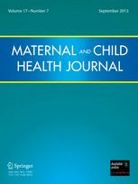

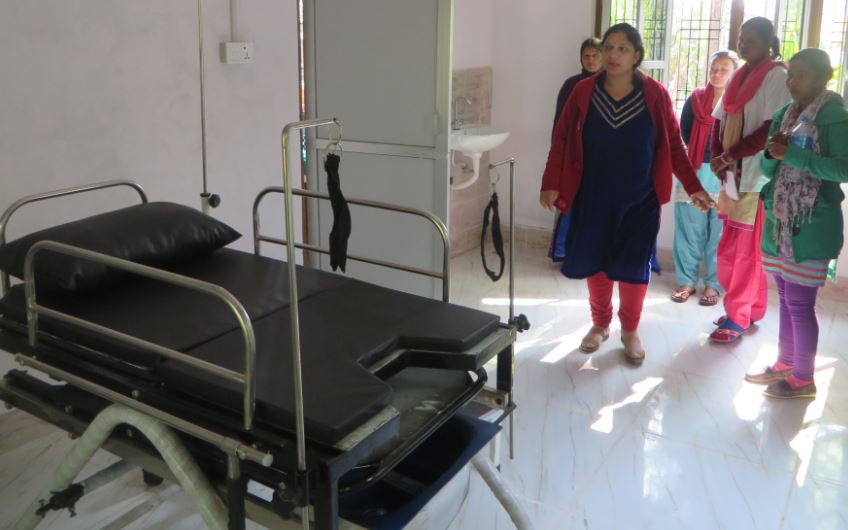
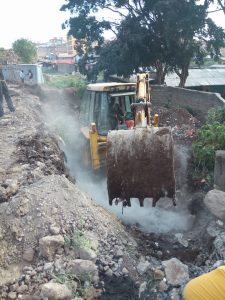
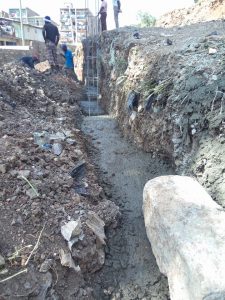

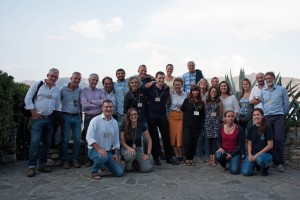

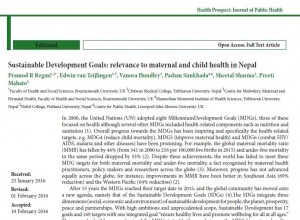
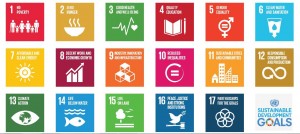
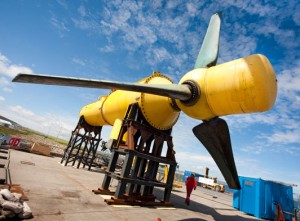 “European Union ministers meeting in Luxembourg have signalled support for draft European Commission plans for an energy efficiency law impacting directly on utilities”
“European Union ministers meeting in Luxembourg have signalled support for draft European Commission plans for an energy efficiency law impacting directly on utilities” 










 Read and sign up to BU’s Policy Influence Digest
Read and sign up to BU’s Policy Influence Digest Upcoming opportunities for PGRs – collaborate externally
Upcoming opportunities for PGRs – collaborate externally BU involved in new MRF dissemination grant
BU involved in new MRF dissemination grant New COVID-19 publication
New COVID-19 publication MSCA Postdoctoral Fellowships 2024
MSCA Postdoctoral Fellowships 2024 Horizon Europe News – December 2023
Horizon Europe News – December 2023